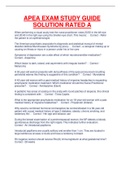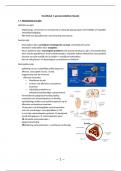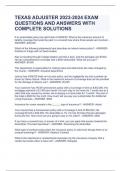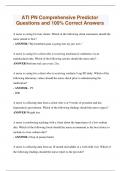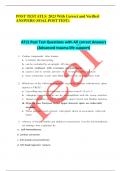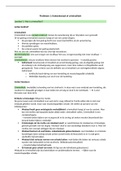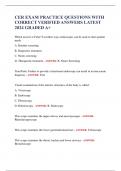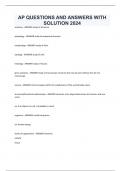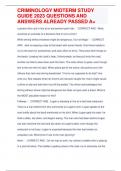Notes de cours
Goede Notities History of education: Kan gezien worden als samenvatting!
- Établissement
- Katholieke Universiteit Leuven (KU Leuven)
Dit zijn notities uit het vak history of education. Deze notities zijn gestructureerd en steeds mooi bijgevuld met bijhorende afbeeldingen. In het engels geschreven met hier en daar een nederlandse vertaling. Handig om mee te nemen naar het examen vermits het een Open-boek examen is. notities zijn ...
[Montrer plus]





